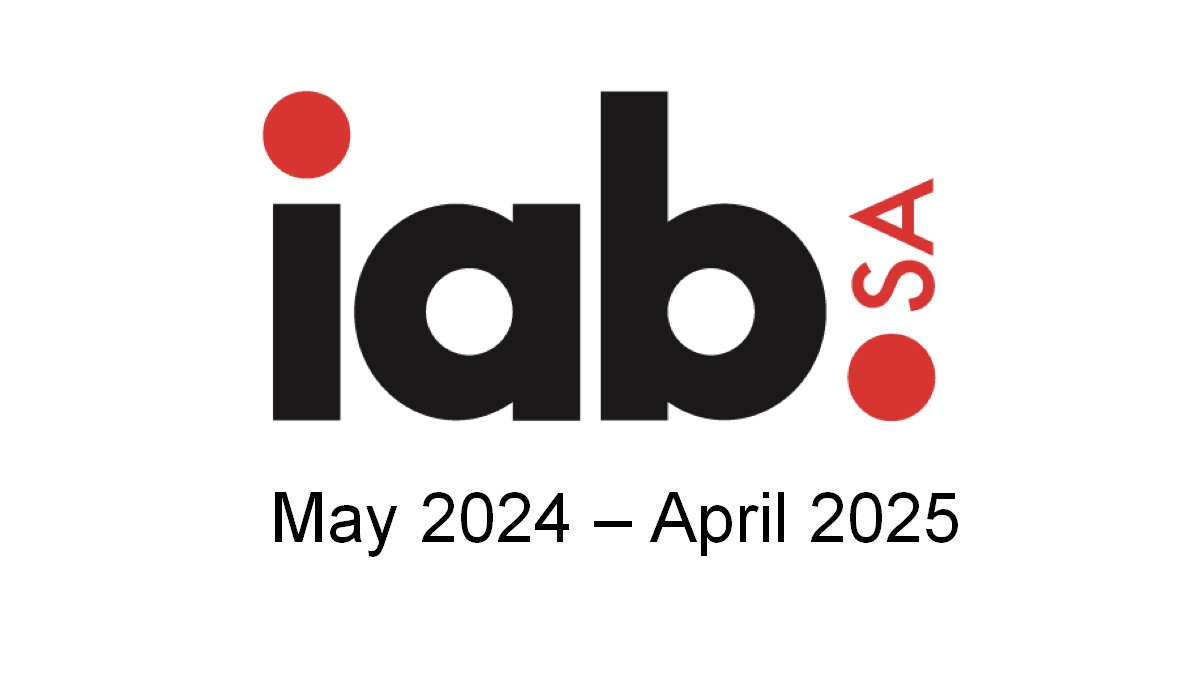Johannesburg – The newly inaugurated vice-chancellor and principal of the University of South Africa Professor Puleng LenkaBula has her sights set on increasing the number of black and coloured academics, empowering women and people with disabilities, and introducing new courses to include skills needed for the future.
LenkaBula, who was appointed in January and sworn in this week, is the first woman, first black woman and third black person to hold this position in the 148-year-old university.
She holds a doctorate in ethics (theology and philosophy). In her new position, she said she would do all in her power to promote the cause of gender equality within the university.
[membership level=”1″]
“I truly believe that institutions cannot be neutral on matters of justice, transformation, and redress. We must encourage research in practices that do not merely privilege or mimic Western knowledge systems. We must begin to measure the value of our research and training by the impact it makes on our social and economic realities as a country,” she said.
Last year, Higher Education Minister Blade Nzimande said that previously advantaged and Afrikaans universities continued to exclude black women in senior management.
This after a ministerial task team appointed by the minister released a report into the inclusion of black South Africans in the academic sector.
The report found that white females are over-represented at 25.3% of the academic staff, compared to their 4.5% slice of the general population.
On the other hand, black women academics are the most under-represented group at 16.1%.
She joins University of Zululand’s Professor Xoliswa Mtose, Professor Sibongile Muthwa from Nelson Mandela University, Professor Mamokgethi Phakeng from the University of Cape Town and the University of Mpumalanga’s Professor Thoko Mayekiso who are changing the face of academia in South Africa. Lenkabula replaced Professor Mandla Makhanya.
She acknowledged that the impact of Covid-19 was destabilising and that she would prioritise the support of students facing mental health issues.
“Many of our students come from the most disadvantaged communities and even with all their resilience, the difficult times have severely hampered their ability to study effectively.
“As a university, we must be responsive to the existential uncertainties our students face,” she said.
She vowed to empower women, those with disabilities and LGBQTI+ persons and to hold perpetrators of gender-based violence accountable. She said students had expressed frustration at key moments because of their IT infrastructure.
“In my first eight months in this role, it has become evident that there is an urgent need to completely overhaul the system and function so that it can effectively support the requirements of students, colleges and the overall delivery of the university’s learning management system,” she said.
She has also advocated for the institution to have courses in disciplines such as marine studies; aviation and aeronautical studies; fourth industrial revolution and digitalisation; biotechnological studies; feminist, womanist and Bosadi theorisations.
To read more political news and views from this week’s newspaper, click here.
Follow @SundayWorldZA on Twitter and @sundayworldza on Instagram, or like our Facebook Page, Sunday World, by clicking here for the latest breaking news in South Africa. To Subscribe to Sunday World, click here.
Sunday World
[/membership] [pmpro_signup submit_button=”Register” level=”1″ login=”1″ redirect=”referrer” short=”false” title=”Register to view Exclusive Content” short=”true” custom_fields=”true”]




